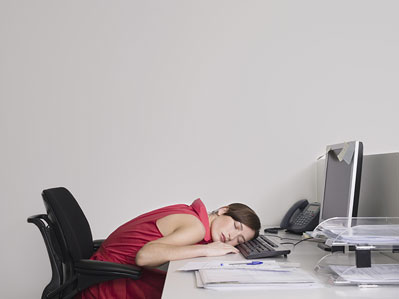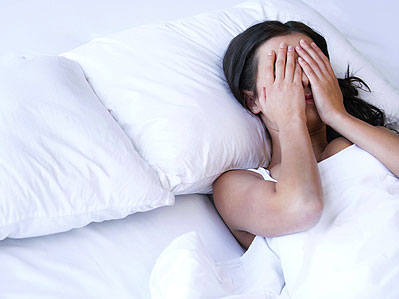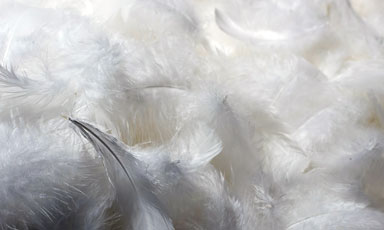Worst before bed
When you’ve reached the end of your tether, and you just need one solid, quality night of uninterrupted sleep, stop thinking about the things you can do to help sleep, and look at the things you can avoid. Here, we’re taking a look at all the things that you should steer clear of before putting your head on the pillow.
Avoid napping
If you find that you’re taking naps during the day, but then struggling to sleep at night, you might have gotten yourself into an unhealthy sleep routine unintentionally. To get out of the rhythm, keep yourself awake and active during the day and train yourself to sleep through the night.

Stop being lazy
Getting out and about can do wonders for your mental wellbeing, as well as your energy levels! The exercise will make you feel refreshed, but also ready for bed at night. Making yourself get up at the same time every day can help promote healthy sleep habits too.
Don’t eat spicy food
We’re all partial to the occasional curry, burrito or chilli hit, but consuming spicy foods later in the evening can also damage your sleep health. Heartburn from the spices will keep you awake longer than you’d like.
Stop going to bed when you’re not tired
Though it is important to establish a sleep routine, there is no sense in going to bed when you’re not tired. Often, you’ll just get irritable and frustrated that sleep isn’t happening, and before you know it that’s the emotion you associate with going to bed.
Don’t lie in bed worrying about not getting to sleep
In a similar way to the above, repeatedly lying down with pre-existing anxiety about not being able to sleep will only hinder, not help. Instead, create a relaxing environment for yourself, read a book, drink some water or milk and allow your body and mind to relax.
Don’t consume caffeine
Though it’s a little obvious to state that you shouldn’t drink a coffee or energy drink before you go to bed, there are a few foods and drinks that sneak caffeine in without you really realising. Dark chocolate, green tea and fizzy drinks are all culprits, so be sure to double-check the packet before eating or drinking.
Avoid saturated fats
Saturated fats and trans fats like those found in crisps, cakes and dairy are never really any good for your body. Avoid fatty foods before bed to prevent heartburn, which only adds to the stress of sleep deprivation.
Don’t sleep on an uncomfortable bed
Again, though this can sound a little obvious, many don’t realise that the bed itself can help promote a good night’s sleep. If you find your bed uncomfortable, this could be a factor of sleep deprivation, so take the time to explore new, better, more supportive options.
Avoid smoking and drinking
Alcohol and nicotine are stimulants, meaning that they will keep you awake when you’d much rather be winding down for the night. Though certain alcoholic drinks might make you feel drowsy, the reality is that once the effects wear off, you’ll be alert again. Waking up in the middle of the night, and not being able to get back to sleep, can be just as damaging for your sleep health as getting to bed really late.

Related Articles

Best before bed
Having a bad night’s sleep is something many people will be familiar with, but when this continues for more than a few nights, it can start to take a toll on your general wellbeing.

Bedding pros and cons
Creating an environment that you can look forward to relaxing in can really help promote the recommended eight hours of sleep.

